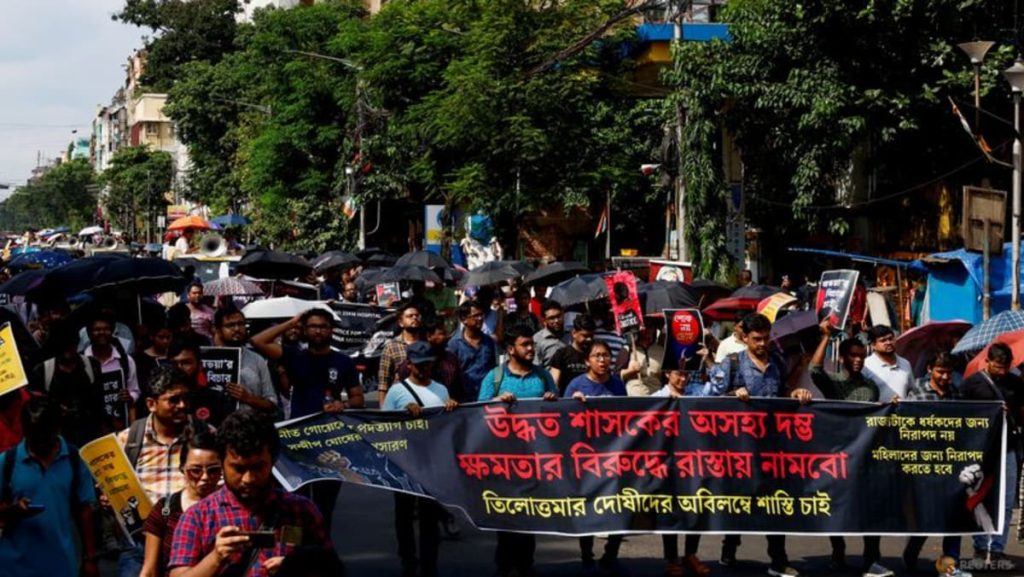Junior doctors in West Bengal are protesting over the lack of security at hospitals and seeking justice for the rape and murder of a trainee doctor. The woman was found dead in August at a medical college in Kolkata, sparking outrage among the medical community. The demands of the protesting doctors include better safety measures such as increased security staff and CCTV cameras, as well as improvements in patient services at government hospitals. Additionally, they are calling for the removal of the city’s police chief.
The West Bengal Junior Doctors’ Front has rejected a Supreme Court deadline to end the strike unless their demands are addressed. The group, representing around 7,000 physicians in the state, has stated that they will only consider the court’s order if their grievances are taken seriously by the government. They have warned that if their demands are not met, they will continue the protest and hold the government accountable for the situation in the state.
One of the spokespersons for the protesting doctors, Dr. Shubhendu Malik, highlighted the lack of safety measures in hospitals after the tragic incident. He pointed out that there have been no new CCTV cameras installed and basic facilities like restrooms and separate toilets are missing. The junior doctors are determined to see tangible changes and are committed to fighting for a safer working environment for healthcare professionals in West Bengal.
The protest by junior doctors in West Bengal underscores the serious concerns about safety and security in healthcare facilities in the state. The horrific incident of the rape and murder of a trainee doctor has galvanized the medical community to demand better protection for themselves and their patients. The failure of the government to address these issues has led to a deadlock in negotiations and an ongoing strike by doctors.
The escalating situation has raised questions about the government’s response to the demands of the protesting doctors and the broader issue of safety in healthcare settings. The striking doctors are seeking accountability and action from the authorities to ensure that similar incidents are prevented in the future. The standoff between the medical community and the government is likely to continue until a resolution is reached that addresses the concerns raised by the doctors.
Overall, the protest by junior doctors in West Bengal reflects a larger problem of inadequate safety precautions and facilities in hospitals. The demands of the doctors are not only about justice for the victim but also about ensuring a safe and secure environment for healthcare professionals and patients. The outcome of this ongoing strike will have significant implications for the future of healthcare in the state and may serve as a catalyst for reforms to improve safety standards in medical facilities.


